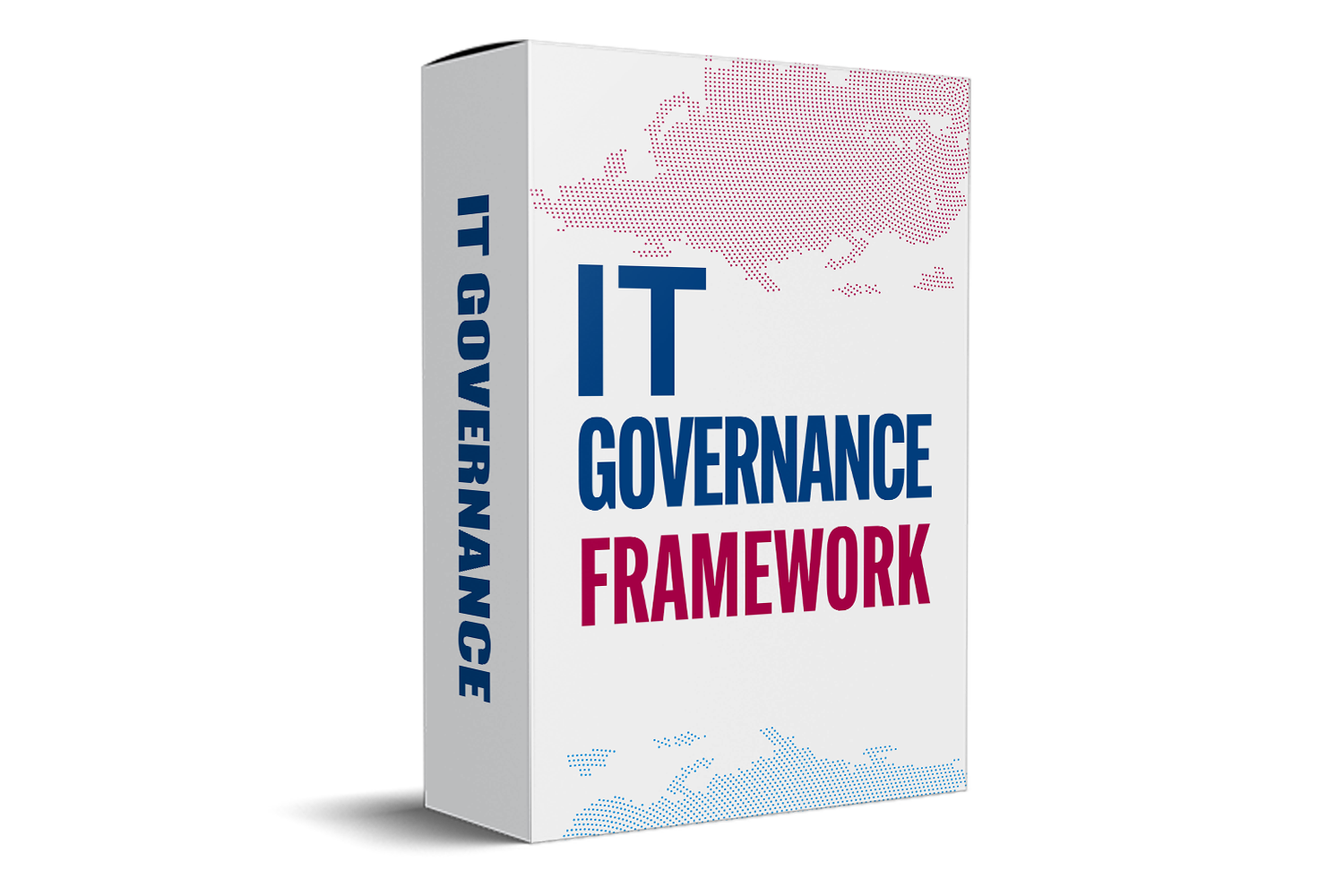Navigating Careers: A Guide to Internal Audit Jobs
Introduction
Internal audit is a vital function within organizations, playing a crucial role in ensuring effective governance, risk management, and internal control processes. Internal audit jobs encompass a broad spectrum of responsibilities, focusing on evaluating and improving the effectiveness of an organization's processes. Professionals in this field work towards providing management and stakeholders with confidence that the organization operates ethically, adheres to regulations, and effectively manages risks.

Roles and Responsibilities of Internal Audit
The role and responsibilities of an internal auditor are multifaceted, encompassing a wide range of activities aimed at ensuring effective governance, risk management, and internal control within an organization. Here is a detailed breakdown of the key aspects of the role:
1. Audit Planning:
- Develop Audit Plans: Create comprehensive audit plans outlining the scope, objectives, and methodologies for each audit engagement.
- Resource Allocation: Allocate resources effectively to ensure the successful execution of audit plans.
2. Control Evaluation:
- Assess Internal Controls: Evaluate the adequacy and effectiveness of internal controls in various business processes.
- Control Testing: Perform testing procedures to ensure that controls are operating as intended.
3. Financial Audits:
- Verify Financial Transactions: Examine financial transactions and statements to ensure accuracy and compliance with accounting standards.
- Audit Financial Systems: Assess the reliability of financial reporting systems and processes.
4. Operational Audits:
- Review Operational Processes: Assess the efficiency and effectiveness of operational processes within the organization.
- Identify Improvements: Identify opportunities for cost savings, process optimization, and operational improvements.
5. Ethical Considerations:
- Uphold Ethics: Adhere to high ethical standards in all aspects of the audit process.
- Independence: Maintain independence and objectivity in assessments.
6. Educational and Professional Development:
- Continuous Learning: Stay updated on changes in auditing standards, regulations, and industry practices.
- Professional Certifications: Pursue and maintain relevant certifications such as Certified Internal Auditor (CIA) or Certified Information Systems Auditor (CISA).
Skills and Qualifications for Internal Audit Jobs
Here's an overview of the typical qualifications and skills needed to pursue a career in internal auditing:Educational Background:
- Bachelor's Degree: A bachelor's degree in accounting, finance, business, or a related field is often a minimum requirement for entry into the internal audit profession.
- Advanced Degrees (Optional): While not always mandatory, obtaining a master's degree (e.g., Master of Accountancy, MBA) can enhance your qualifications and provide a deeper understanding of business concepts.
- Relevant Coursework: Courses in auditing, risk management, accounting principles, finance, and business law are beneficial for building a strong foundation in internal audit.
Certifications:
- Certified Internal Auditor (CIA): The CIA designation is widely recognized and considered a standard for internal auditors. It is awarded by the Institute of Internal Auditors (IIA). The CIA certification demonstrates expertise in internal audit processes, risk management, and governance.
- Certification in Risk Management Assurance (CRMA): Also offered by the IIA, the CRMA is designed for professionals who focus on risk management and assurance in internal audit. It is particularly relevant for those involved in risk assessment and mitigation.
- Certified Information Systems Auditor (CISA): Issued by ISACA (Information Systems Audit and Control Association), the CISA certification is suitable for internal auditors involved in information systems auditing, control, and security.
- Certified Public Accountant (CPA): While more commonly associated with public accounting, obtaining a CPA certification is beneficial for internal auditors, especially those involved in financial audits and compliance.
Skills:
- Analytical Skills: The ability to analyze complex information, identify patterns, and draw meaningful conclusions is crucial for internal auditors.
- Communication Skills: Effective written and verbal communication skills are essential for preparing audit reports, conveying findings, and collaborating with stakeholders.
- Ethical Judgment: Internal auditors must uphold the highest ethical standards to maintain the integrity of the audit process.
- Attention to Detail: Thoroughness in reviewing documentation and conducting audit procedures to ensure accuracy and completeness.
- Problem-Solving: Internal auditors should be skilled at identifying issues, evaluating alternatives, and proposing effective solutions.
Career Paths and Advancement
Entry-Level Positions in Internal Audit:
1. Internal Audit Associate: As an Internal Audit Associate, individuals typically start their careers by assisting in the execution of audit procedures, conducting testing, and contributing to the documentation of findings.
2. Audit Staff: The position of Audit Staff involves working closely with senior auditors and managers to perform audit procedures, assess controls, and document results. This role allows entry-level professionals to gain exposure to various aspects of the audit process.
3. Risk Analyst: Individuals focus on identifying and assessing risks within the organization. This role may involve supporting the development of risk management processes and collaborating with internal audit teams.
4. Compliance Assistant: Compliance Assistants play a role in ensuring that the organization adheres to relevant laws and regulations. Entry-level professionals in this position may assist in compliance audits and help monitor changes in regulatory requirements.
Opportunities for Career Growth and Advancement in Internal Audit:
- Senior Internal Auditor
- Audit Supervisor/Manager
- Internal Audit Director
- Chief Audit Executive (CAE)
Conclusion
Pursuing a career in internal audit offers a rich tapestry of opportunities for professionals seeking a role at the heart of organizational governance and risk management. From entry-level positions like Internal Audit Associate to leadership roles such as Chief Audit Executive, the career trajectory in internal audit is well-defined and diverse. Internal auditors serve as guardians of integrity, employing their skills in risk assessment, control evaluation, and compliance to contribute to organizational success. The dynamic nature of the field, with its continuous evolution and adaptation to emerging trends, ensures that internal audit professionals are at the forefront of driving efficiency, transparency, and ethical practices.


